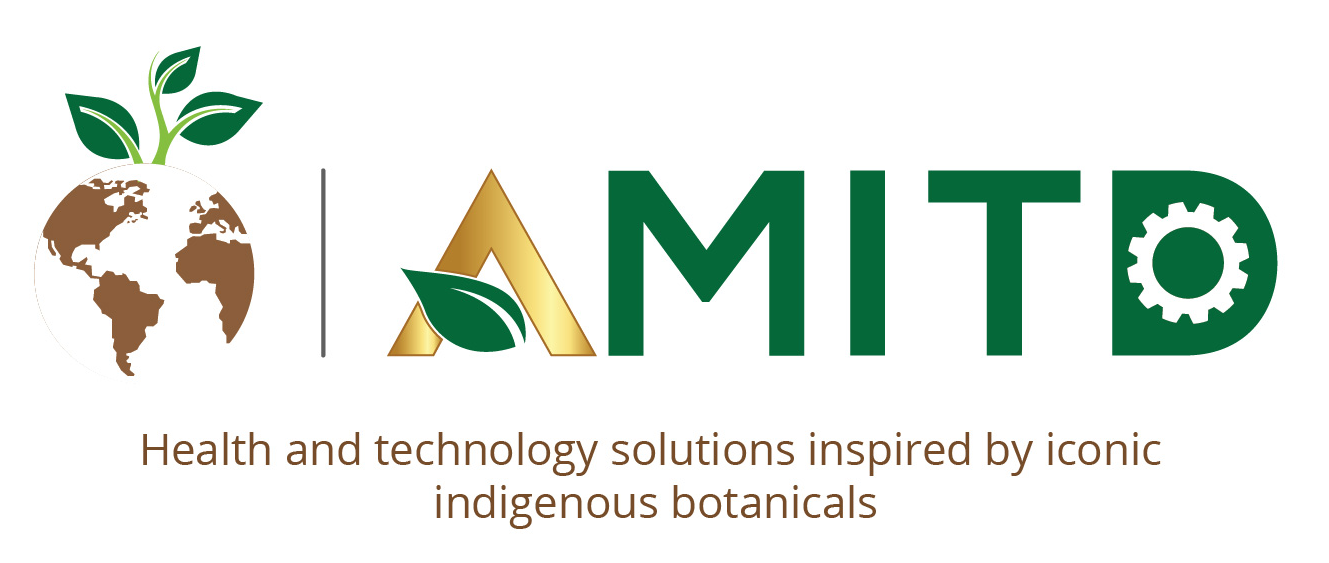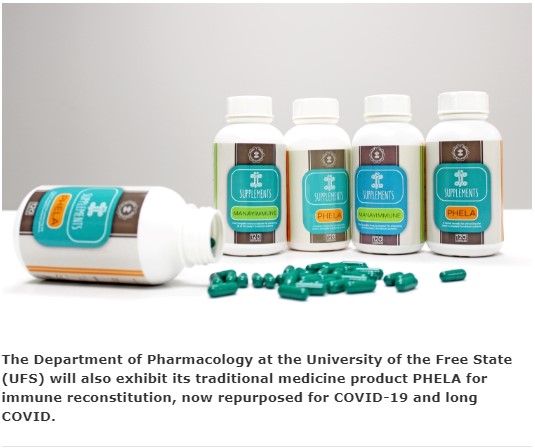21 February 2025 Hits: 564

The University of the Free State (UFS) will form the backdrop for the G20 Research and Innovation Working Group (RIWG) and G20 Initiative on Bioeconomy (GIB) meetings on 23 and 24 February 2024.
UFS has, over the years, distinguished itself as a leader in the research and development, particularly in the biodiversity space through its African Medicines, Innovations and Technologies Development (AMITD) platform, which was established in collaboration with the Department of Science, Technology and Innovation (DSTI) and its entity, the Technology Innovation Agency. It was therefore an obvious choice for the institution to again partner with the DSTI to host the G20 meetings.
The G20 is an international forum comprising many of the world’s largest developing and developed economies, established to tackle pressing global economic and financial issues.
South Africa holds the G20 Presidency this year – only five years before the UN’s 2030 Agenda for Sustainable Development deadline. This is the first time the G20 is being hosted on African soil.
South Africa’s presidency takes place when the world is facing a series of overlapping and mutually reinforcing crises, including climate change, underdevelopment, inequality, poverty, hunger, unemployment, technological changes, and geopolitical instability.
The G20 RIWG provides a platform for addressing global challenges through research, technology and innovation. The DSTI will lead the RIWG under the leadership of Minister Blade Nzimande and explore this year’s theme, “Equity-based science, technology and innovation for inclusive human development and global sustainability”.
Prof. Nzimande, along with Prof. Hester Klopper, Vice-Chancellor and Principal of UFS, will both deliver opening remarks at the meeting.
The session on 23 February will be the first to include G20 officials engaging with indigenous knowledge holders, students and researchers in the bioeconomy.
Prof. Motlalepula Matsabisa, Director of Pharmacology and AMITD at UFS, says the university was an excellent choice to host the sessions because of its trusted relationships with indigenous communities and focus on inclusive research and development.
The G20 dialogues aim to be inclusive and provide a space for members of the public to voice their aspirations and to capture their needs around the indigenous knowledge and biodiversity in which they play an integral role.
“I am honoured to be part of this global event. I am so happy that AMITD is now globally recognised. We will exhibit our research conducted with communities on the internationalisation of South African science research in traditional medicines and biodiversity, and its formal commercialisation,” said Prof. Matsabisa.
“We are the leader in traditional medicines research and development.
“South Africa always leads in global debates and sets the stage for African views to be heard. We will contribute to policies on global biodiversity and bioeconomy and commercialisation of our natural resources through equity, sustainability and solidarity.
Prof. Matsabisa believes this event will also highlight the goals of the DSTI’s 2019 White Paper on Science, Technology and Innovation and the implementation of its 2022-2032 Decadal Plan.
He hopes to see tangible and meaningful outcomes from the G20 discussions that will be implemented by the USA when it takes over the G20 Presidency for 2026.

